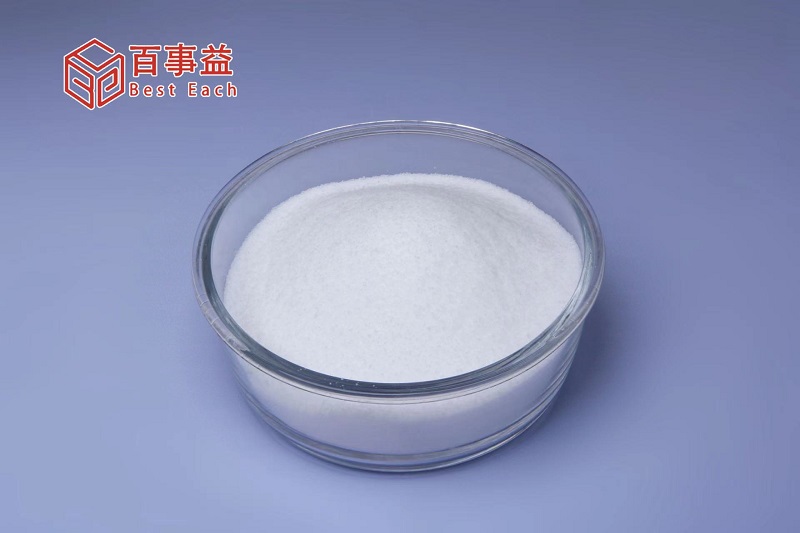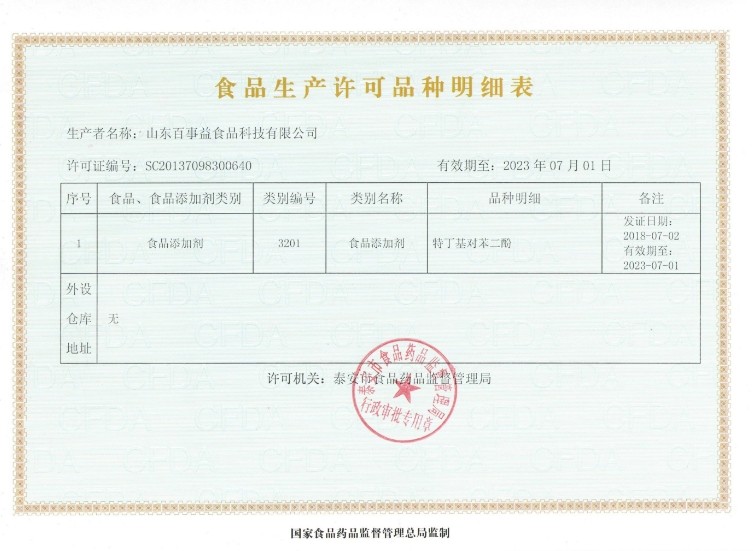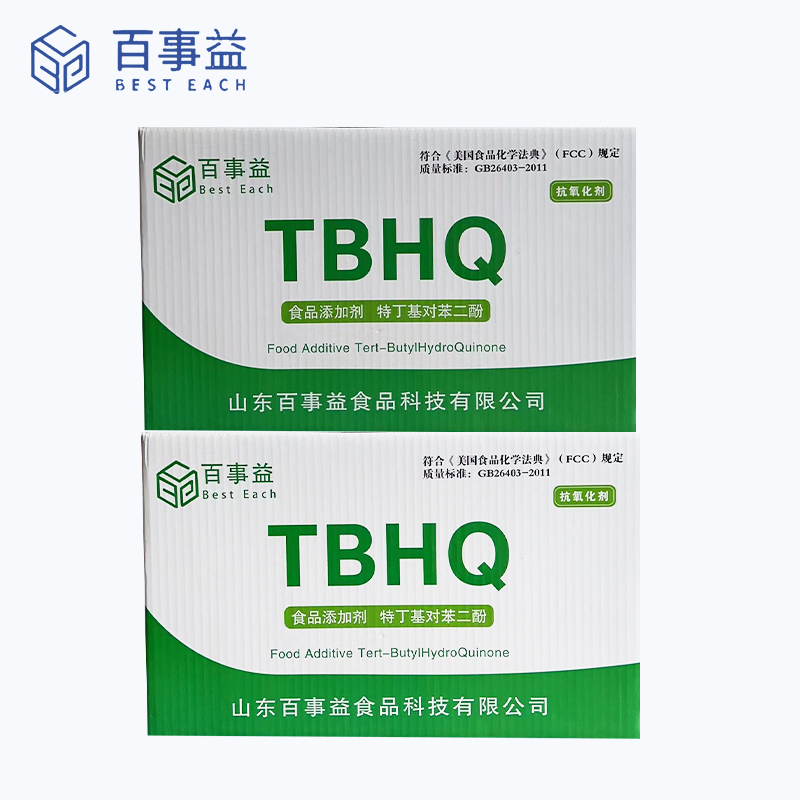2-tert-butylhydroquinone TBHQ
After degumming, deacidification, decolorization, and deodorization, edible vegetable oil becomes a high-purity high-grade cooking oil or salad oil, while also losing some natural antioxidant substances, making it prone to oxidation and deterioration. For example, soybean oil, which contains a large amount of polyunsaturated fatty acids and is composed of glycerol vinegar (52% linoleic acid, 8% linolenic acid), is prone to oxidation and deterioration under the action of light, heat, and air. The order of antioxidant activity in soybean oil is TBHQ>Vc>VE>catechins>BHT.
the effect is not very ideal. Isobutene has higher activity than tert butanol, and its application and promotion prospects are very optimistic. When the tert butanol process encounters bottlenecks, replacing tert butanol with isobutene is a feasible breakthrough direction. Patent [10] discloses a method for preparing 2-tert butylhydroquinone and co producing BHA using isobutene as an alkylation reagent, which has good selectivity and high raw material utilization rate.
Product Parameters
2-tert-butylhydroquinone as a food additive, TBHQ has been used in the United States and other more than 20 countries, China in 1992 was approved for use in oil and fat-containing foods, thousands of fish products, biscuits, quick-cooking noodles, canned fat-containing foods, cured meat products and so on. In the United States and China, the maximum permitted dosage of TBHQ in food is 200 ppm.

Scope of application
TBHQ should be fully soluble and evenly dispersed in fats and oils, otherwise the antioxidant effect will be impaired.
Some organic acids and their coolants can enhance the activity of TBHQ. It is better to mix with 0010.02% citric acid.
This product should not be mixed with PG (propyl gallate). Avoid using this product under strong alkaline conditions.
After degumming, deacidification, decolorization, and deodorization, edible vegetable oil becomes a high-purity high-grade cooking oil or salad oil, while also losing some natural antioxidant substances, making it prone to oxidation and deterioration. For example, soybean oil, which contains a large amount of polyunsaturated fatty acids and is composed of glycerol vinegar (52% linoleic acid, 8% linolenic acid), is prone to oxidation and deterioration under the action of light, heat, and air. The order of antioxidant activity in soybean oil is TBHQ>Vc>VE>catechins>BHT.

Product Advantages
Nowadays, as the synthesis cost continues to decrease, the application scope is gradually expanded to petrochemical industry, feed industry, electronic industry, battery industry, etc..
Our company draws on foreign product synthesis guidance, from 1989 to develop the product, in 1992 was applied to the chlor-alkali industry, a complete alternative to similar foreign products, in 1995 the product was approved by the state in the food industry in the legal use of the product so far, gradually recognized by the people of the market usage is increasing day by day!






